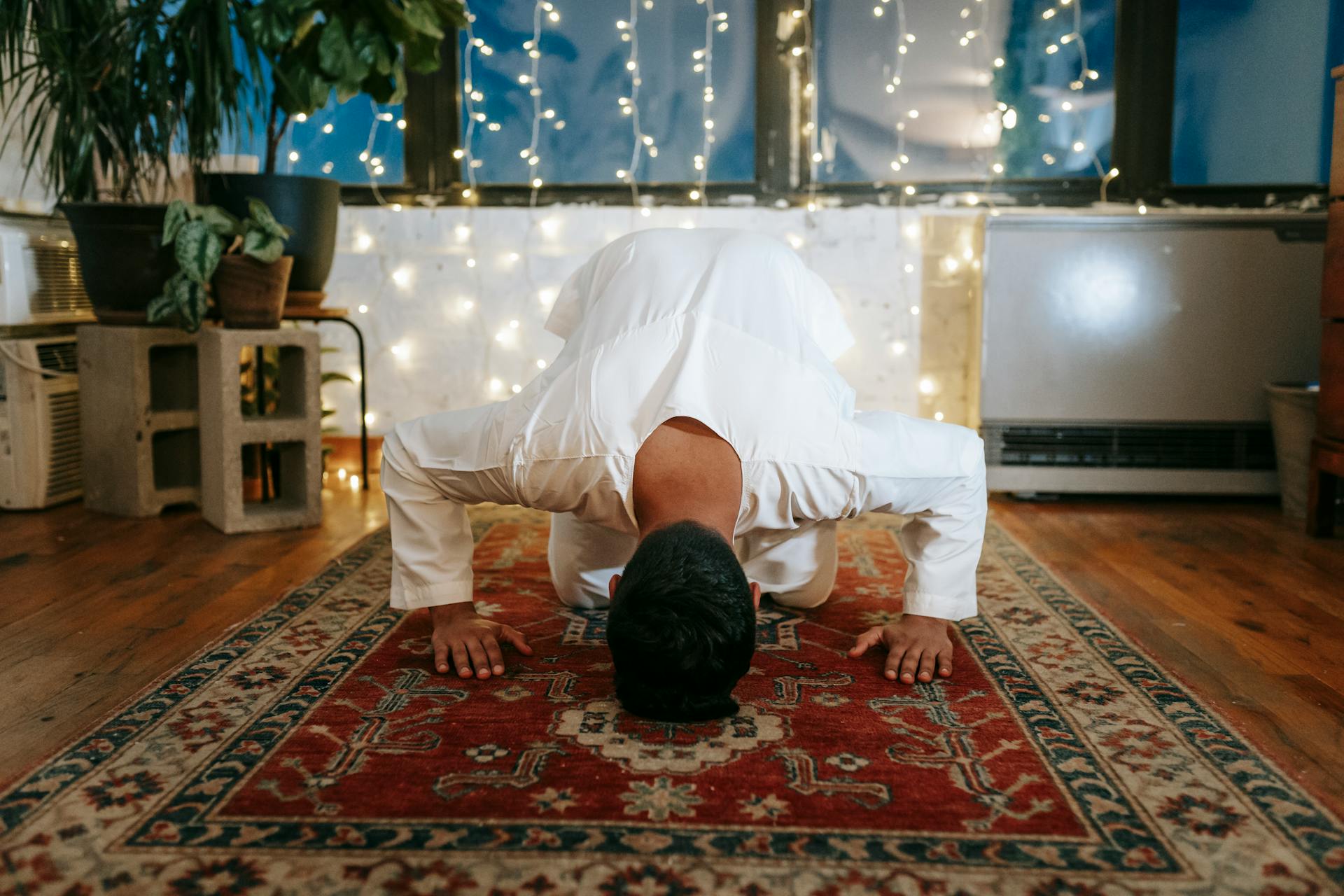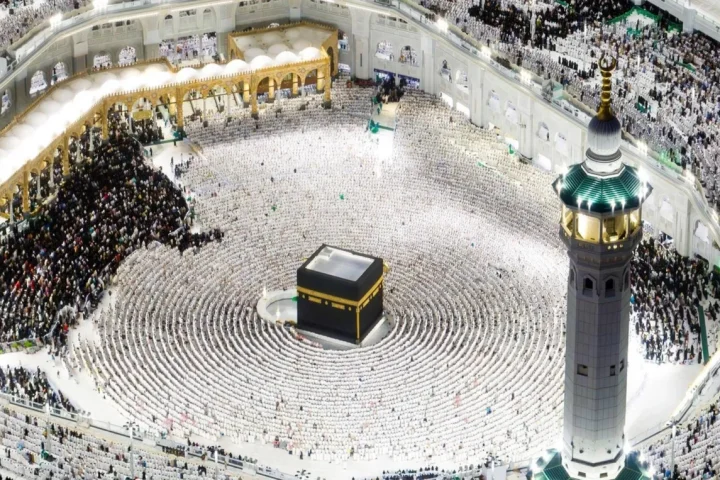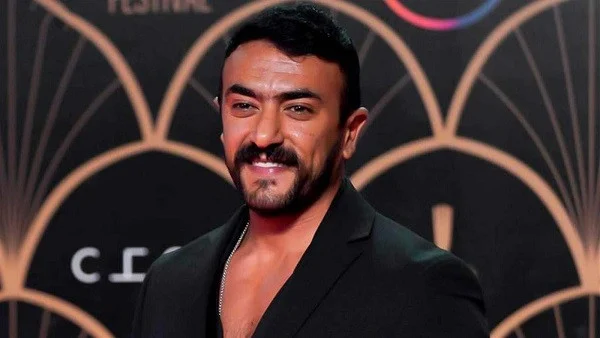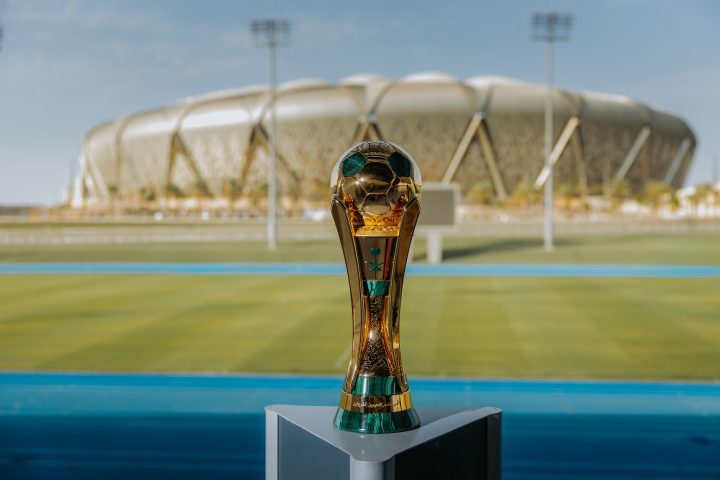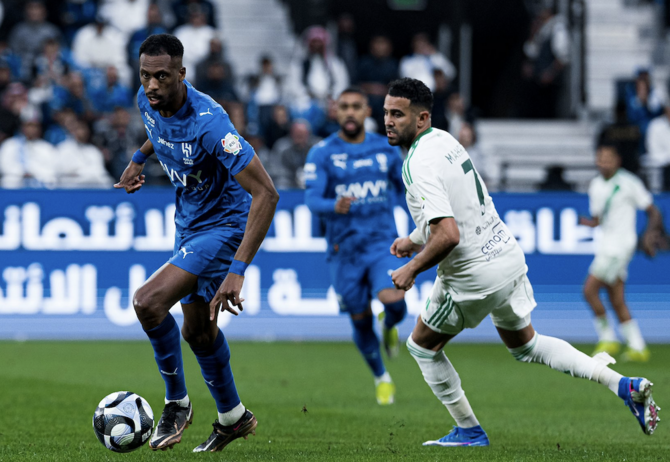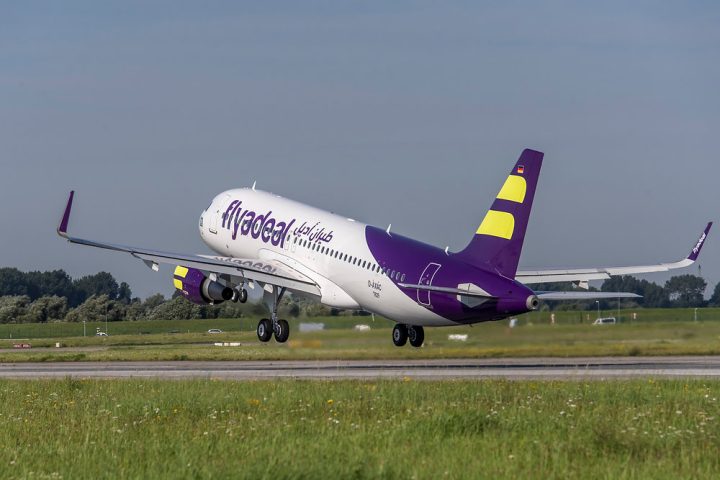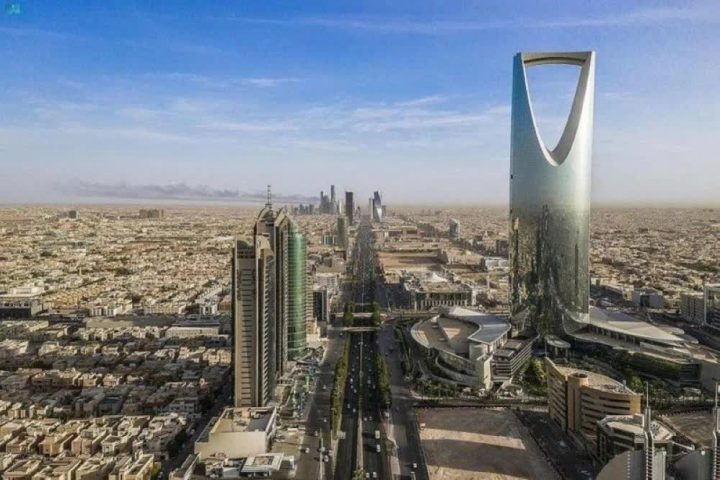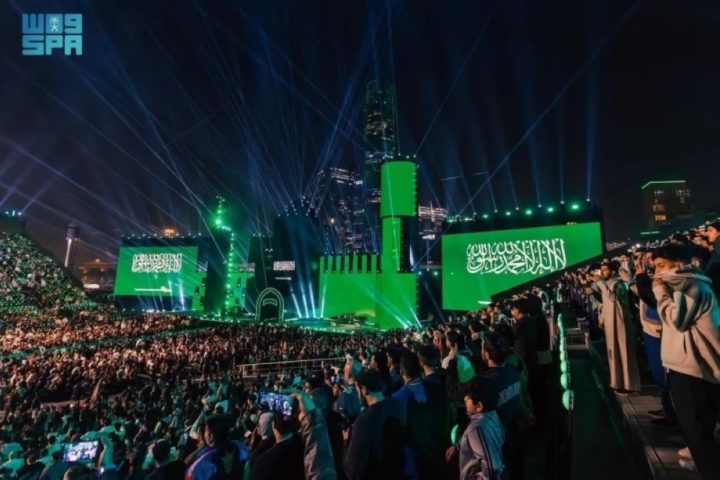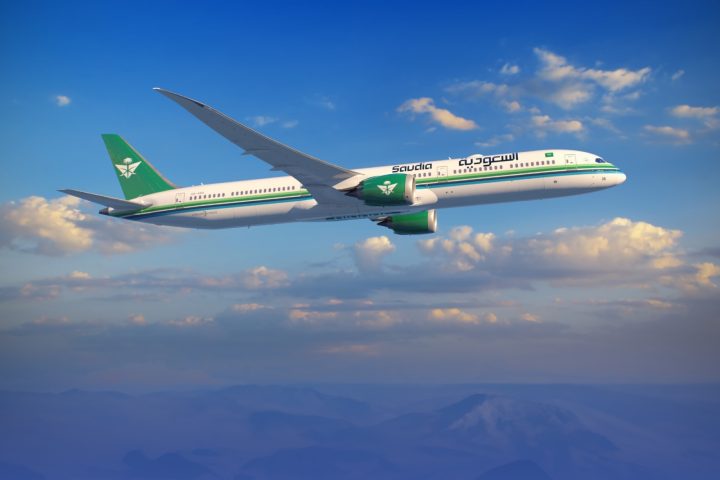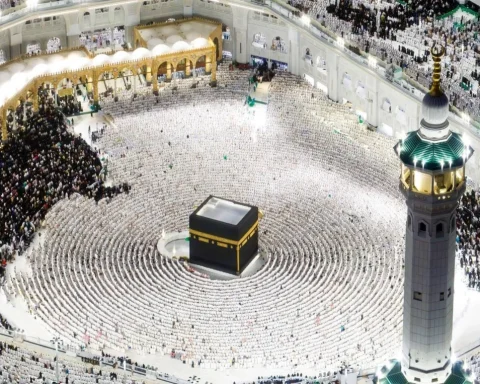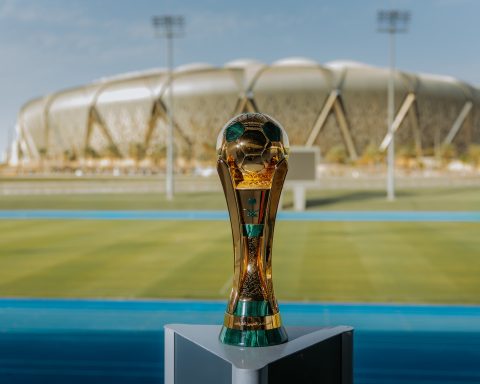Dua is one of the most profound acts of worship in Islam, offering believers peace and tranquility.
It is not merely spoken words but a heartfelt expression where a Muslim shares hopes, fears, and needs directly with Allah.
Through dua, one affirms constant dependence on the Creator and trust that relief, provision, and mercy all lie in His hands.
The Importance of Duaa in a Muslim’s Life
Dua is an act of the heart before being words on the tongue. It reflects sincerity of faith and true reliance on Allah.
As the Prophet Muhammad (peace be upon him) said: “Dua is worship.” It gives believers hope, strengthens their connection with Allah, and offers comfort during both times of ease and hardship.
Beautiful Duaas in This World
Among the comprehensive supplications often recited by the Prophet (pbuh) are:
O Allah, grant us good in this world and good in the Hereafter, and save us from the punishment of the Fire.
O Allah, make me abundantly grateful to You, frequently remembering You, humbly submissive to You, and obedient to You.
O Allah, I ask You for forgiveness and well-being in this world and the Hereafter.
O Allah, grant me Your love, the love of those who love You, and the love of deeds that bring me closer to Your love.
The Impact of Dua on the Soul
Regular supplication instills deep tranquility in the heart, reminding believers they are never alone in facing life’s difficulties.
Duaa teaches patience and reinforces certainty that Allah hears and responds at the right time.
Duaa as a Social Bond
The power of dua extends beyond the individual to society as a whole.
When a Muslim prays for his brother in his absence, bonds of love and solidarity are strengthened. In this way, dua becomes a means of fostering compassion and unity within the community.


